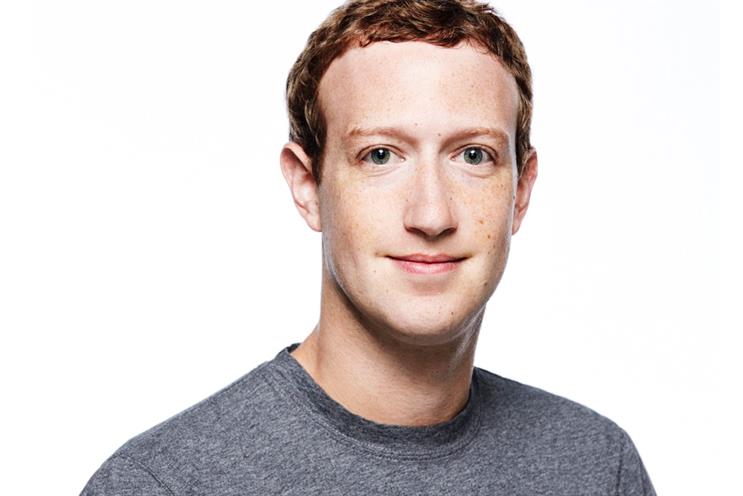
Zuckerberg revealed at a staff conference that 2016 will still be remembered for the year of video on mobile on its platform. The tech giant now boasts over eight billion videos views a day on its site, up from one billion in 2015, explained Facebook’s head of comms planning for Northern Europe, Ian Edwards, at today’s Internet Advertising Bureau’s digital upfront session.
Edwards revealed consumers video habits on Facebook are nearly on a par with traditional TV, according its measuring system that includes cross-referencing Nielsen and Barb’s metrics. Nearly 25% of 16- to 34-year-olds only watch video on Facebook, compared to 25.3% who only watch video on TV and 32.9% who watch both.
Following the Facebook's revelation last month that it had overestimated ad video views on its site for two years, Facebook is now taking a heavy data-based approach to its advertising offering, revealing it requires a new model – Marketing 3.0.
Marketing 3.0 requires marketers to look closely at their total market then determine reach and relevance to create a ‘bullseye’ marketing campaign. Edwards said: "To establish reach and relevance, we can create tailor-made ads on Facebook that is relevant to people’s News Feeds."
Edwards urged creative and media agencies not to just use TV ads on Facebook, pushing its new PockeTVC ad model, which adapts traditional TV ads to people’s News Feeds, in a bid to make it relevant and increase reach amongst users.
"Classic creative storytelling in TV ads does not work on mobile, Edwards explained. "People constantly want to scroll on mobile. Classic story telling is ascendant, that doesn’t work on mobile."
While 2016 will be seen as the year of video by Facebook, 2017 is expected to be the year location-based marketing, with its Store Visiting Reporting and Dynamic Ads for Retail offerings – an extension of its Dynamic ads – to launch out of Beta then.
Next year Facebook will roll out its Store Visiting Reporting offering, which will be able to bridge the gap between online viewing and instore visits, using satellite imagery, which taps into users mobile location data.
Facebook will also use next year to experiment with Virtual Reality and Augmented Reality, which Edwards explains is on its horizon and will "change things dramatically in the future".



.jpg)
.jpeg)
